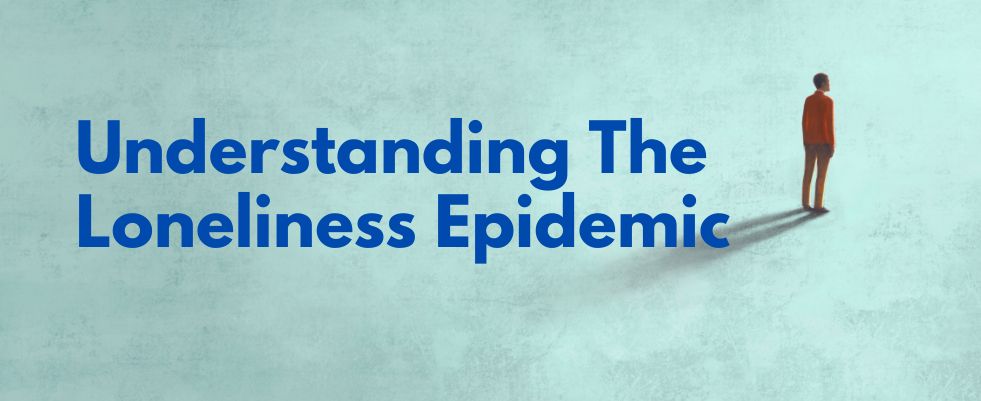Loneliness has emerged as a silent epidemic, affecting millions globally with significant implications on mental and physical health. More than 1.25 billion people across the world, felt they were ‘lonely’ or ‘very lonely’ in 2023. Statistics from the World Health Organisation (WHO) show that approximately 10% of adolescents and 25% of older people are lonely. The Indian experience of loneliness, however, is relatively understudied and unacknowledged.
What is Loneliness?
Loneliness is a subjective experience where an individual feels that their social connections are insufficient in both quantity and quality. It’s not merely being alone; it’s feeling disconnected despite the potential presence of others. Psychological theories suggest that loneliness can be exacerbated by traits like shyness, social anxiety, and pessimism about social interactions. In India, loneliness is a burgeoning public health concern with profound societal and health implications. While global data from a Meta-Gallup survey indicates that nearly 1 in 4 adults feel lonely, the specifics in India might be even more alarming due to underreporting and cultural nuances. Young adults and the elderly are particularly vulnerable, with significant portions of these populations feeling isolated.
What causes Loneliness?
The demographic most affected by loneliness includes young adults, who are navigating major life transitions and might lack stable and supportive social networks. Additionally, the elderly face their own set of challenges, as their social circles often shrink due to reasons like health issues or the loss of peers. Several factors contribute to the rise in loneliness, especially in contemporary societies like India. These include the breakdown of traditional joint family structures, urbanization, and the increased prevalence of nuclear family setups. Additionally, the pandemic and the digital age has introduced complexities in how social interactions are conducted, often replacing deep, meaningful connections with superficial online communications.
The Role of Social Media
While social media holds the promise of keeping us connected, it can paradoxically lead to feelings of isolation and inadequacy. Spending quality time with friends or family is now replaced with endless hours of meaningless scrolling on the phone..sadly even with the company around you. Misuse or overuse of social media can result in a lack of genuine connections, contributing to increased loneliness among users.
Health Implications of Loneliness
Loneliness is not just a mental health issue; it has tangible effects on physical health. It is associated with an increased risk of conditions such as heart disease, Alzheimer’s disease, hypertension, diabetes, and various mental health disorders. Health experts equate the health risks of chronic loneliness to those of smoking up to 15 cigarettes a day!
Strategies to Overcome Loneliness
To combat loneliness, fostering real-world connections is crucial. Here are some effective strategies:
- Engage in Community Activities
Participating in local events or joining clubs can help build a sense of community and connection. - Volunteer
Offering time to causes can connect individuals to others and foster a sense of purpose and belonging. - Limit Social Media Use
Balancing online interactions with face-to-face communications can improve the quality of relationships. - Seek Professional Help
Counseling or therapy can be beneficial in addressing feelings of isolation and developing more robust social skills. - Foster Open Communication
Encouraging open dialogues within families and among friends can strengthen existing relationships and help mitigate the feelings of loneliness.
Social isolation can impact individuals of all ages, anywhere. Maintaining positive relationships with friends and family is crucial for your well-being. A lack of social connections can lead to feelings of loneliness or isolation. Staying socially connected is important for health at any age. Loneliness can have significant consequences, including increased risks of depression and heart disease, and a weakened immune system.
Mental Health care at KokilabenDhirubhai Ambani Hospital
Addressing loneliness requires a multi-faceted approach involving individual actions, community engagement, and policy-level interventions. As society evolves, it’s crucial to foster environments that promote genuine social connections to combat this modern-day epidemic effectively. If you or a loved one is suffering from loneliness or any other mental health concern reach out to a mental health professional. Consult highly trained and compassionate counselors and mental health specialists at our Department of Psychiatry for further assistance. Please visit the below link for more information: https://www.kokilabenhospital.com/departments/clinicaldepartments/psychiatry.html


